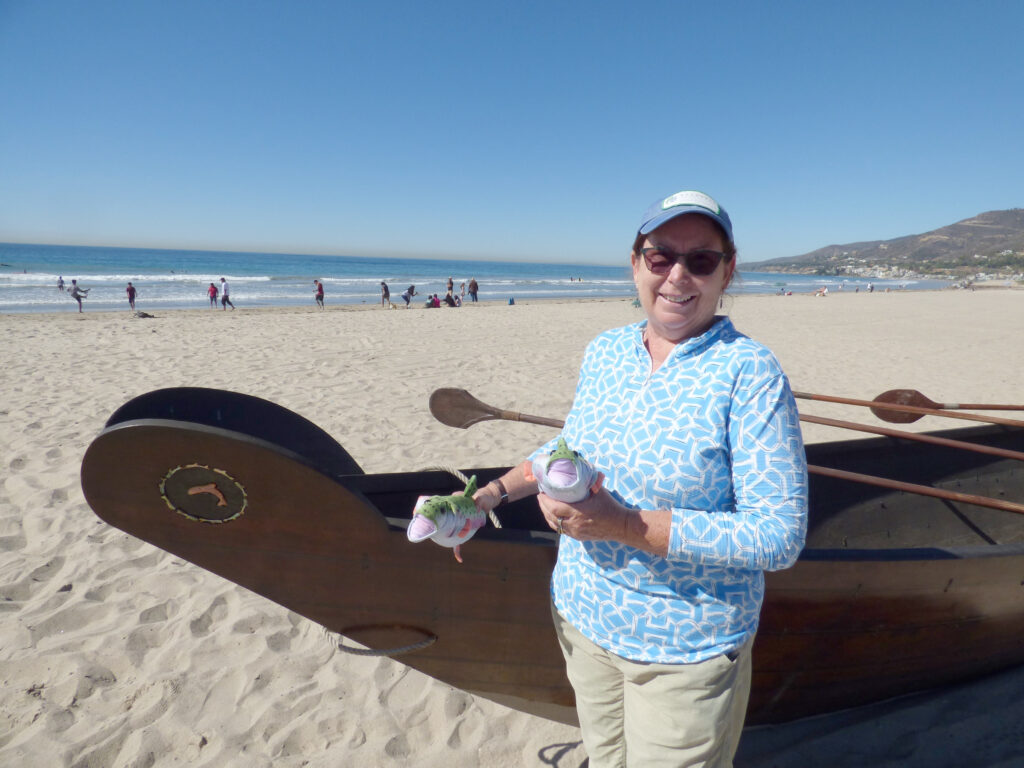
Living in a WUI (Wildland Urban Interface) appears to accelerate a heightened consciousness and connection to the planet; or is it that the consequences of man’s imprint on the land is just in your face more? This may explain the large number of people and organizations that have emerged over the years for the very purpose of conserving habitats, protecting endangered species, cleaning our environment, and lobbying against overdevelopment and harmful practices.
Here’s a list of some of the key environmental and advocacy non profit organizations in our mountains
Resource Conservation District of the Santa Monica Mountains (RCDSMM) www.rcdsmm.org
RCDSMM works with public and private landowners to conserve natural resources throughout the Santa Monica Mountains and environs, with focus on: restoring native habitat, monitoring endangered species; providing environmental education to local schools; translating scientific research into practical solutions; promoting water conservation and improving water quality; collaborating on local projects with our partners, including local, state and federal agencies and organizations.
RCDSMM invites volunteers to help with a variety of Stream Team events including oak tree care and planting, invasive crayfish removal, stream monitoring for frogs and turtles, and post-fire creek and tree monitoring. Email oaksrus@verizon.net to be added to the volunteer email list and to be notified of events.
Topanga Creek Watershed Committee (TCWC) topangacreekwatershedcommittee.org
TCWC exists to help preserve, protect, and improve the health and well-being of the Topanga Creek Watershed and everything that lives there. We do this primarily by educating stakeholders to act in support of this valuable and fragile ecosystem by actively promoting non-toxic and bio-friendly solutions to environmental issues, and opposing the use of herbicides and pesticides.
Most often our work takes the form of public education, and/or advocating for the environment with government agencies, other non-profits, businesses, local property owners, residents, and visitors. We also maintain a native garden; do research and field projects; and hold movie screenings, fundraisers, and full moon hikes. We do “whatever needs to be done, whatever folks want to do.”
The California Wildlife Center (CWC) cawildlife.org
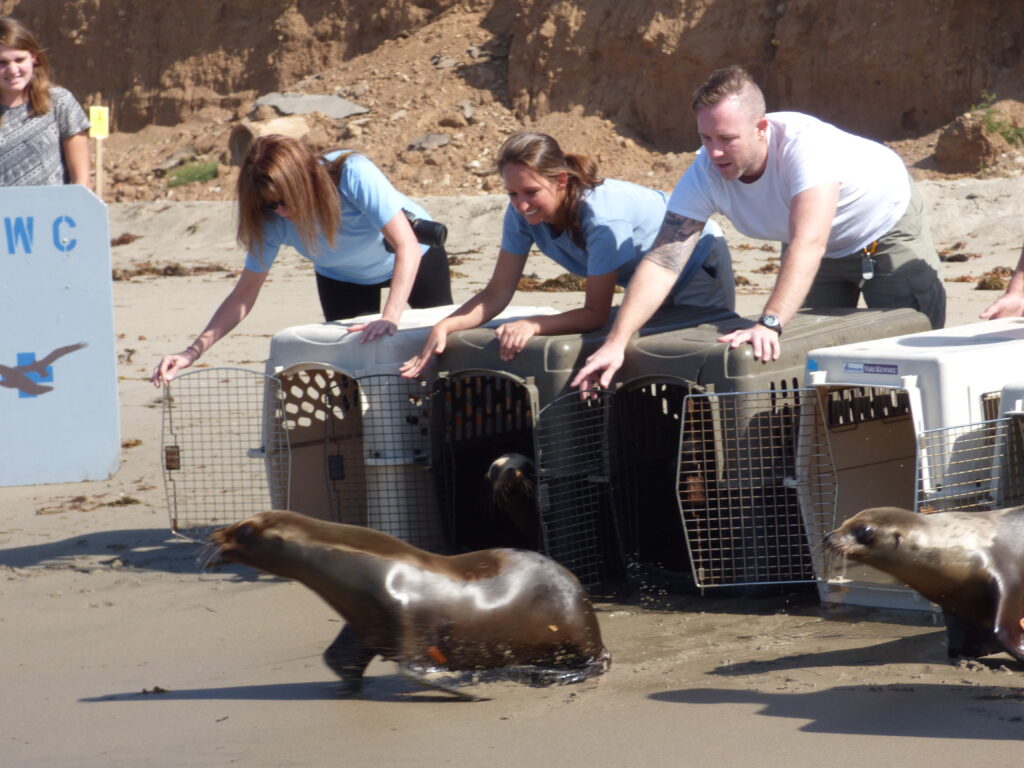
CWC cares for orphaned and injured wildlife, including marine mammals. The CWC needs volunteers to transport animals and, once the coronavirus crisis is over, to help care for patients. Animal care volunteers are required to participate in training and orientation and are asked to make a six-month commitment to provide at least 16 hours of service a month working a minimum of one four-hour shift per week. Volunteers can also sign up to assist marine mammals, or to transport animals.
Fix Nation FixNation.org
Healing pet overpopulation one cat at a time, Fix Nation offers free spay and neuter services for feral, homeless cats as part of a Trap-Neuter-Return program (TNR). Feral, as well as domesticated rescues, are fixed so they cannot breed, then returned to the area where they were trapped. Fix Nation’s clinic spays and neuters more than 17,000 cats each year and is the first of its kind in the nation. Costs to deliver these services are $1.5 million, founded by Karn Myers.
Poison Free Malibu, poisonfreemalibu.org; Poison Free Calabasas poisonfreecalabasas.com; Poison Free Agoura poisonfreeagoura.com; and now Poison Free Topanga gofundme.com/f/poison-free-topanga
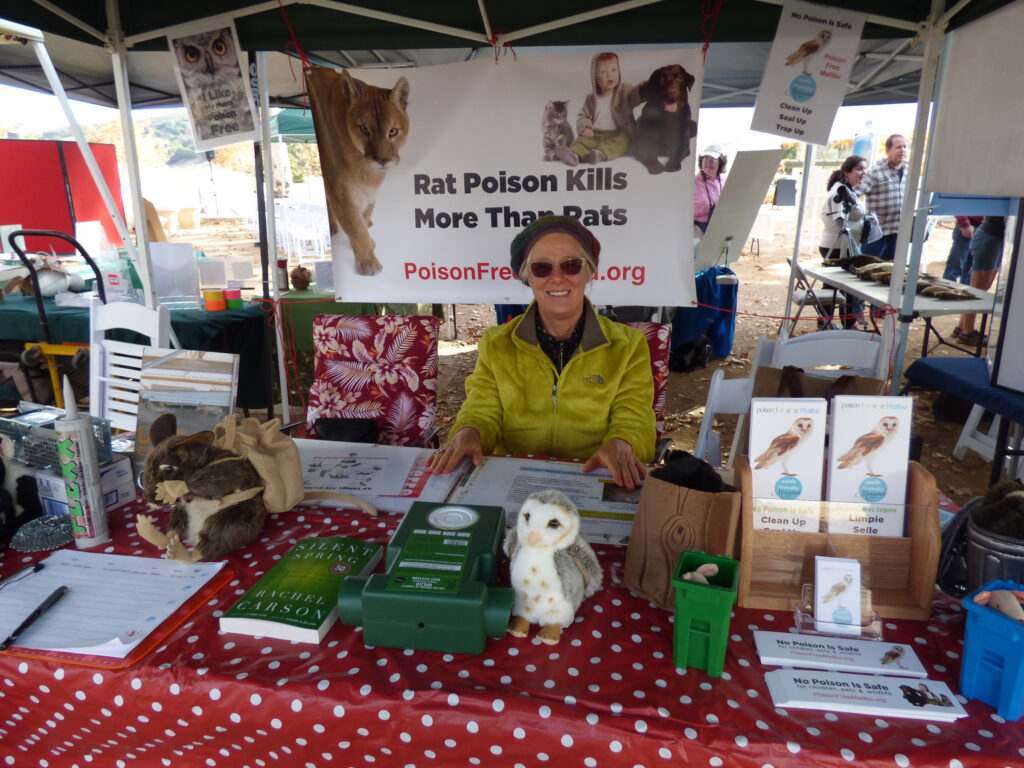
Poison Free Malibu, helmed by Joel and Kian Schulman who started their non-profit to educate their community about the danger to local wildlife caused by the use of rodenticides, paved the way for other such local organizations. Poison Free Topanga is the newest and has launched a GoFundMe campaign to create its incorporation: “As inhabitants of a WUI: a wildland-urban interface, we believe it is integral to consider how we interact with and affect our environment. Poison Free Topanga will be an organization and resource for all Topangans to engage with and educate our neighbors on the effects of pesticides and offer applicable solutions on how we can collaboratively work towards becoming a poison free community!”
Topanga Animal Rescue (TAR) topangaanimalrescue.org
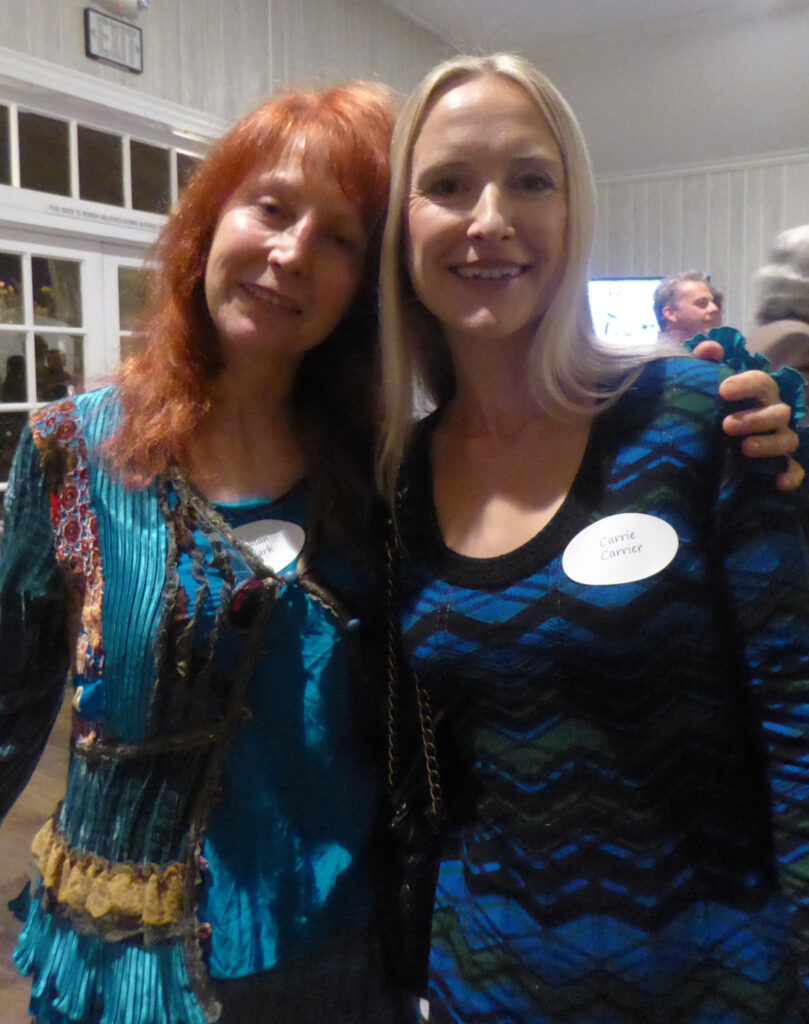
TAR, a registered 501c3 non-profit, volunteer organization dedicated to providing immediate medical field triage and transportation for wounded and abandoned animals in the Santa Monica Mountains and the San Fernando Valley areas. It is also committed to providing outreach education programs for children and adults covering animal emergency and disaster preparedness protocols, as well as animal responsibility and interaction. TAR reaches out to provide free medical care for the animals of the homeless and the elderly. It is our mission to bring dignity and respect to all actions involving animals and the people who interact with them. Visit our website where you can follow our activities and make a contribution to help us help the animals. Susan Clark, Ken Mazur, founders.
Topanga Canyon Boulevard Trash Warriors justshowup!
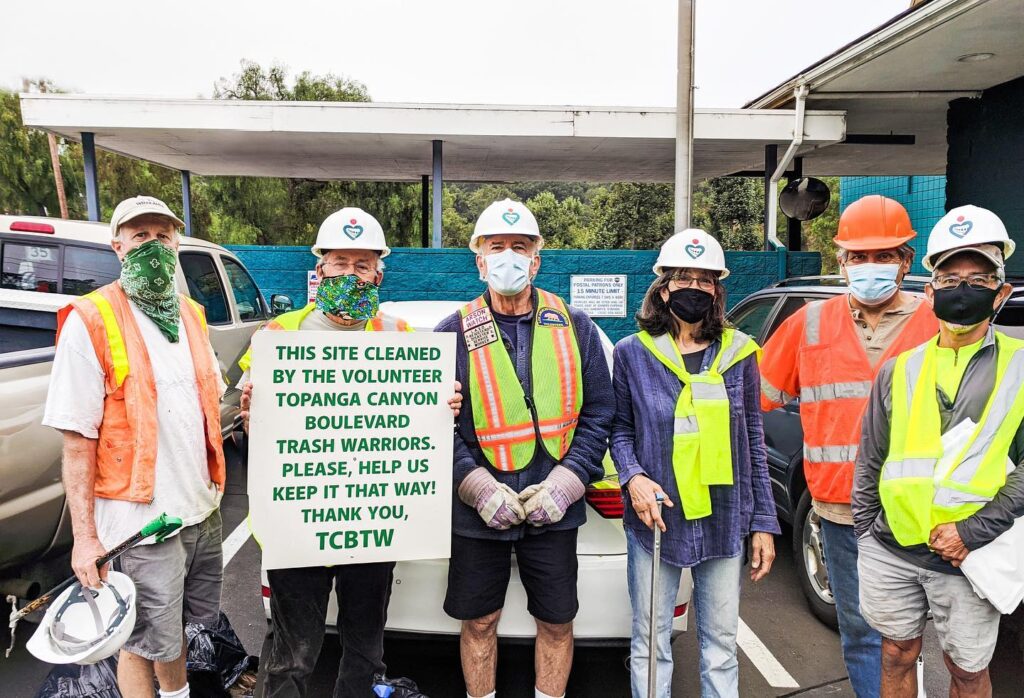
Every Sunday, rain or shine, the Topanga Trash Warriors go up and down the boulevard collecting trash that would otherwise end up in Topanga Creek or the Pacific Ocean. Started by Joseph Rosendo and Roger Pugliese (TASC) the informal effort has grown from 2 to 20 and has inspired spin-off groups from Calabasas to Cameroon, Africa. The completely volunteer group is made up of dedicated Topangans who love Topanga and “Our Main Street” and are willing to brave rain, wind, heat, and speeding traffic in order to make the rounds Sunday mornings starting at 7 a.m.
Through the generosity of Inn of the Seventh Ray owner Lucile Yaney, the Warriors are provided a Sunday breakfast at the end of the three-hour shift. During the ensuing “Trash Talk,” the Warriors discuss Topanga’s issues, spread “community spirit” and, incidentally, solve the world’s problems.
Mermaid Butterfly House themountainmermaid.com
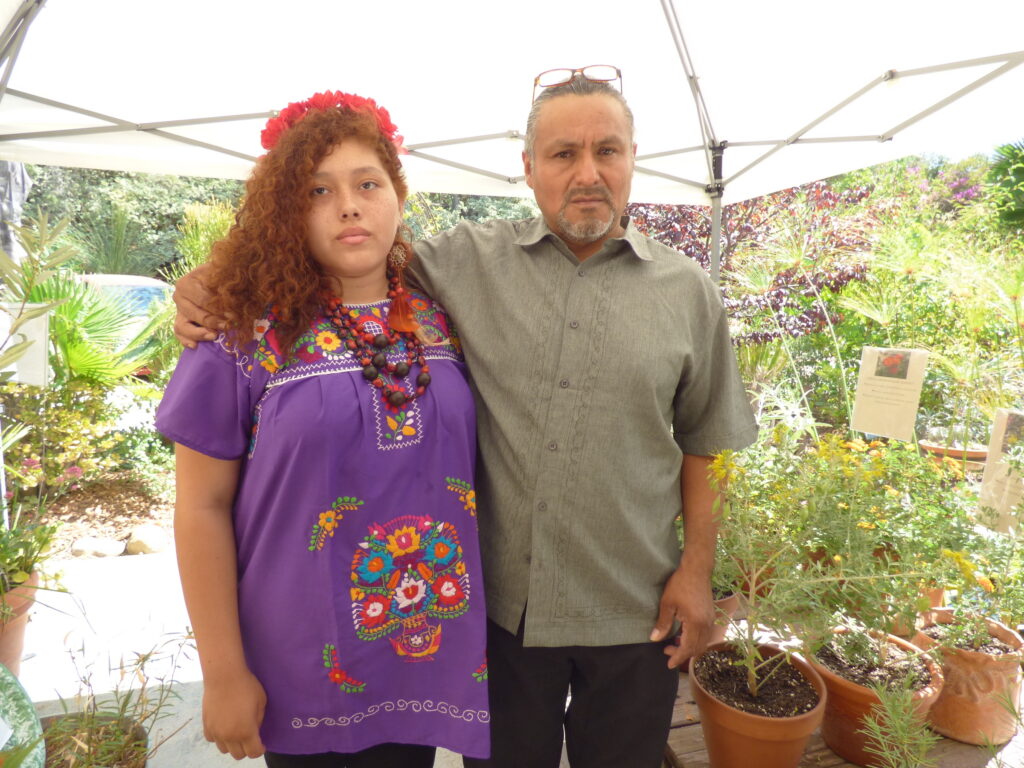
The Mountain Mermaid has a butterfly conservatory dedicated to the breeding and display of butterflies with an emphasis on education. Built by owner Bill Buerge and his staff, the facility also sells native plants and plants particularly suited for butterflies. For native butterfly plants, call Sergio or Yaotl Jimenez at (310) 455-7191, or email them at yaotl1217@gmail.com.
“I wanted to create a place of beauty and learning,” says Bill Buerge, “but also a safe haven where we could breed butterflies in a predator-free environment. Only about 1.5 percent of butterflies live to the end of their complex four-stage life cycle alive. Most butterfly eggs we observe at the Mermaid are eaten by ants and other insects. Frogs, lizards, and birds pick off butterflies in all their stages—as eggs, caterpillars, chrysalis, and as full-fledged winged adults.”
Malibu Monarch Project malibumonarchproject.com
Help bring back the Monarch butterflies to Malibu, a traditional resting station during their migration. Monarchs are a visible element of the Malibu ecosystem. The rapid elimination of the monarch butterfly sends us a warning signal. Some people liken it to the “canary in the coal mine”.
How to help: Sign up for our email alerts. do not use pesticides in your garden or yard; and, buy pesticide free plants at your nursery. “Join us for the butterfly count in December. Establish a butterfly garden. buy and plant milkweed – it’s the only plant on which butterflies lay their eggs, and, buy and plant nectar producing plants for butterfly food”
Santa Monica Mountains Fund samofund.org
There is a great deal of important work that goes on every day in the Santa Monica Mountains National Recreation Area. The Santa Monica Mountains Fund provides an opportunity for the public to get involved by contributing to programs that protect California’s mountains. We work in close partnership with the National and State park agencies that operate within the Santa Monica Mountains, and also sponsor scientific research and student internships that contribute to our projects’ success. Some of our programs include wildlife preservation, mountain lion protection, numerous educational programs and myriad hiking and biking opportunities.
Save Open Space Santa Monica Mountains (SOS) saveopenspace.com
SOS is a nonprofit organization that concentrates on maintaining open space, protecting wildlife, and preserving natural resources. SOS protects our open space by holding the permit and planning agencies to existing planning laws.
Las Virgenes Homeowners Federation (LVHF) Friends of the Santa Monica Mountains! LVHF protects and preserves the Santa Monica Mountains. Since 1968 the federation has been an umbrella organization of homeowner associations and groups in the Santa Monica Mountains and environs dedicated to bringing residents, government agencies and stakeholders together to improve the experience of the Santa Monica Mountains and act as a voice in community matters.
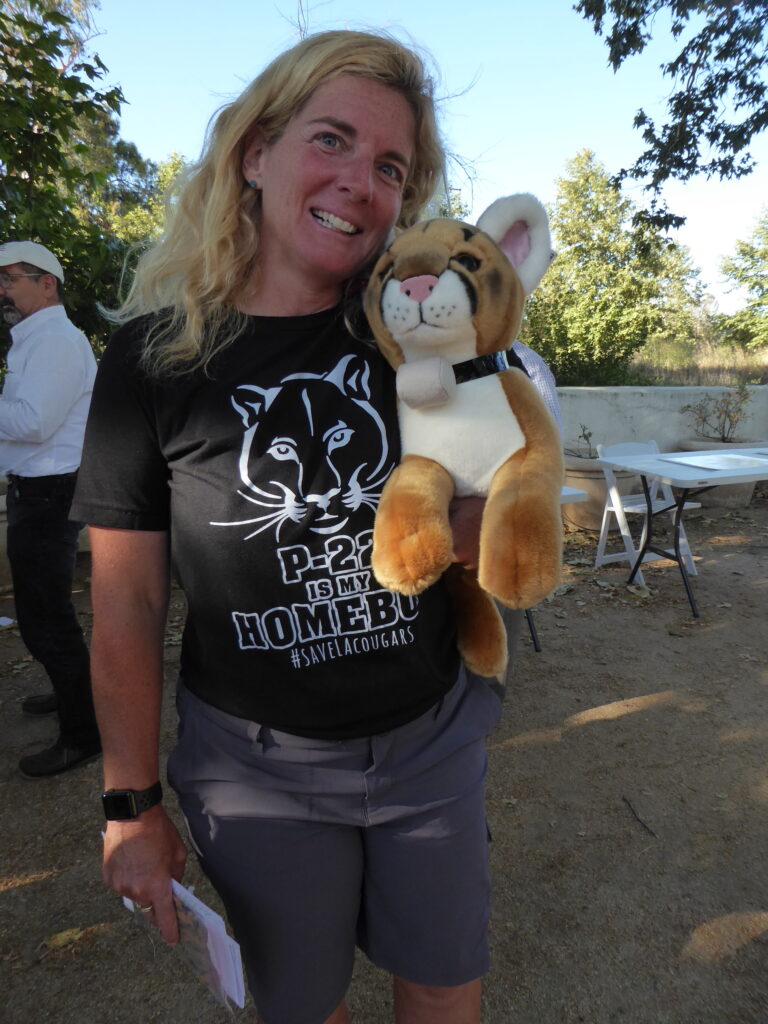
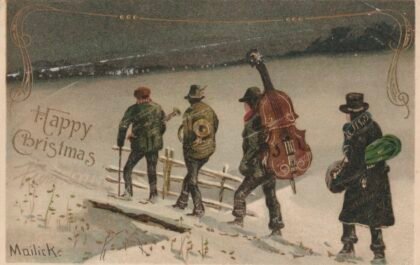




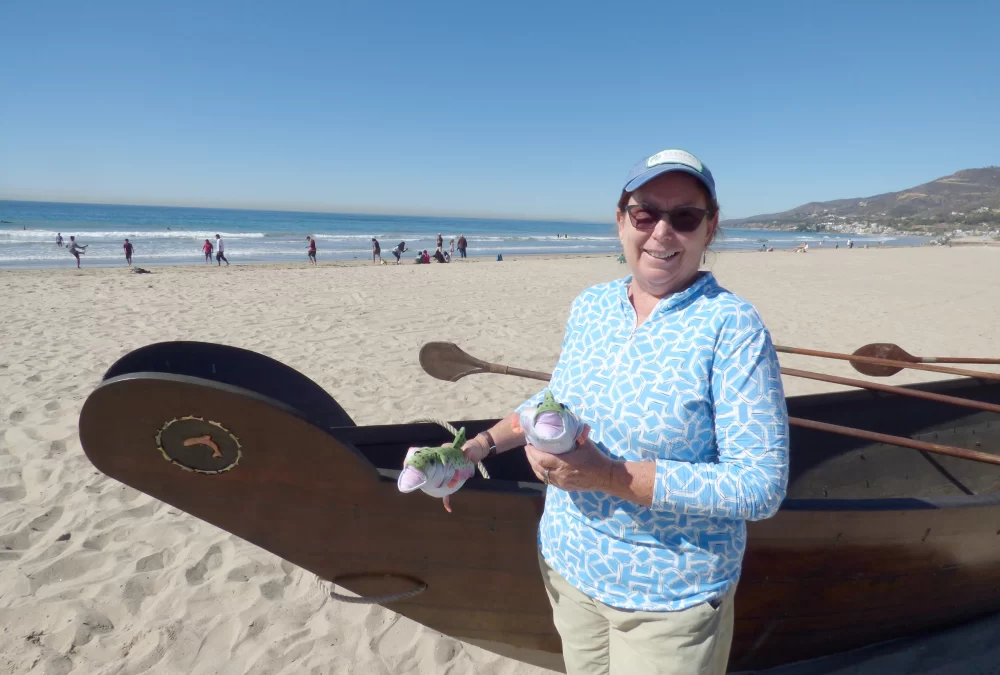
[…] Topanga New Times story “Community of Eco-Heroes and Environmentalists” – participate by joining the efforts of the Topanga Trash Warriors, Poison Free Topanga, Topanga’s Butterfly Conservatory and Monarch Project, and much more. […]